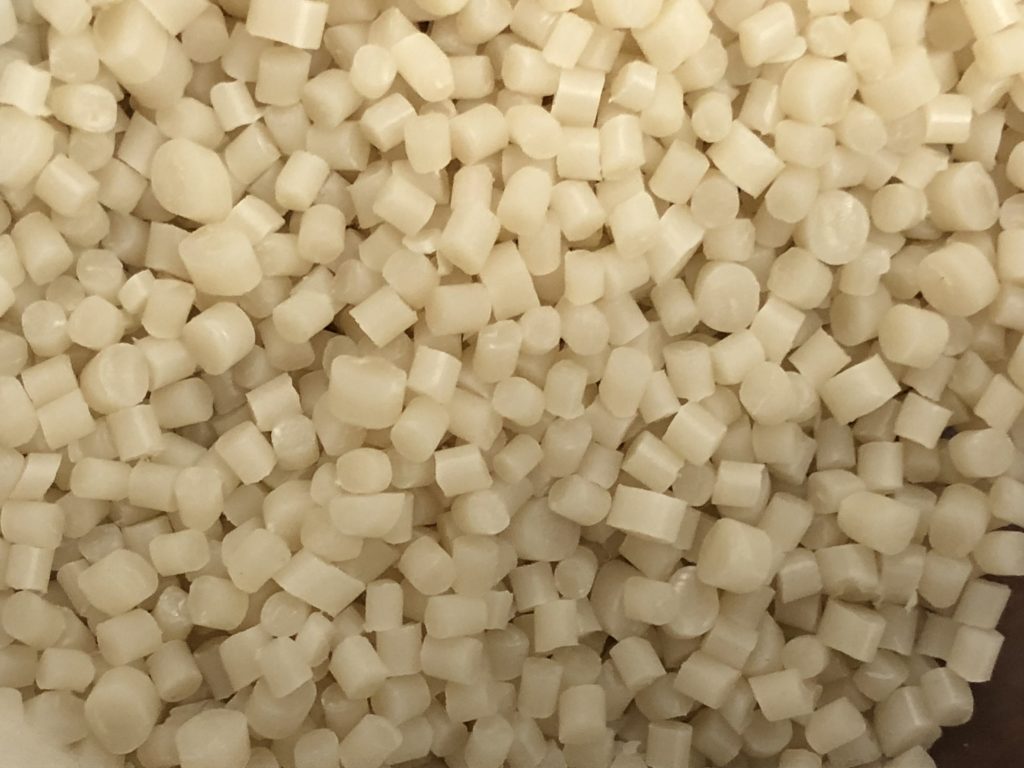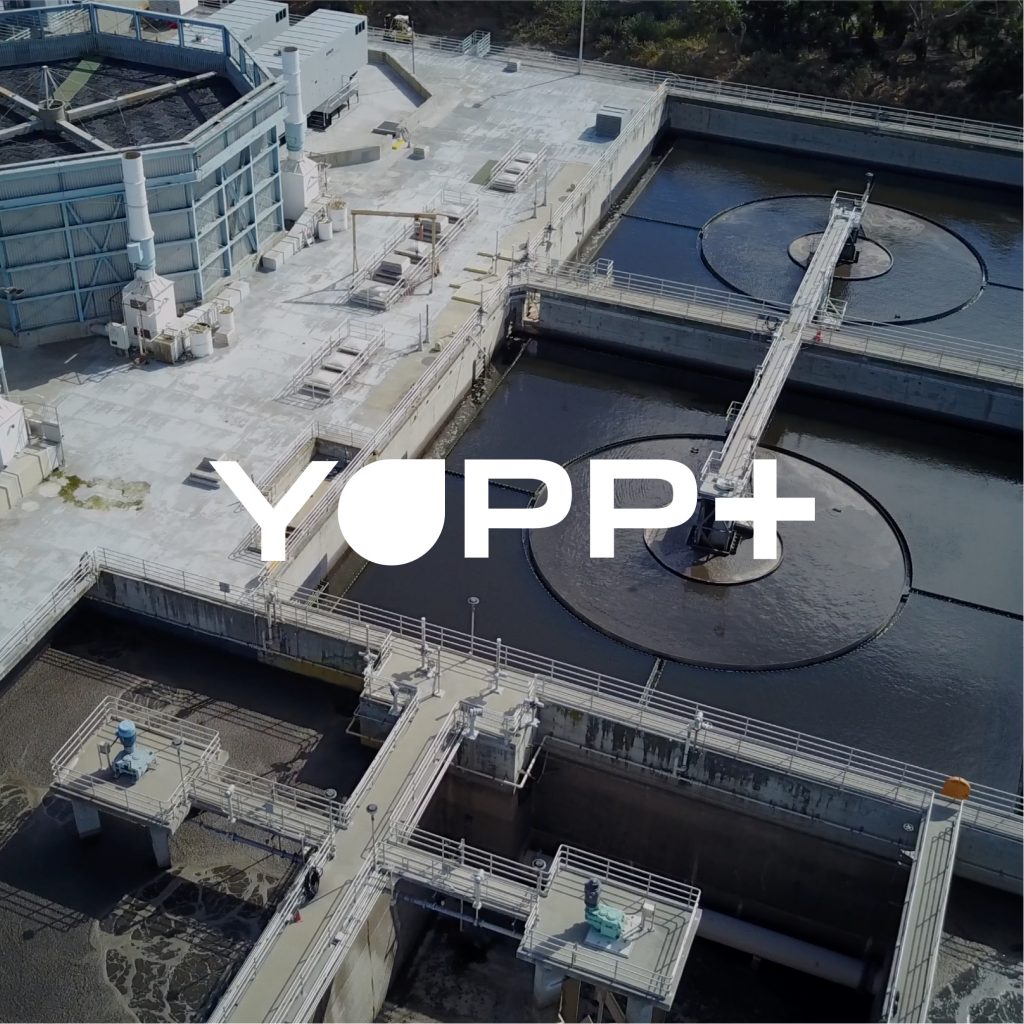We Produce Materials for a Cleaner Future
The Future is Now
Contact Us
Traditional plastics and polyesters are destroying our planet, so we make alternatives that will save it. Introducing YOPP PHA Pellets.
Initial applications for our PHA pellets
We collaborate with you to deliver specifically formulated pellets to meet your unique material performance requirements.
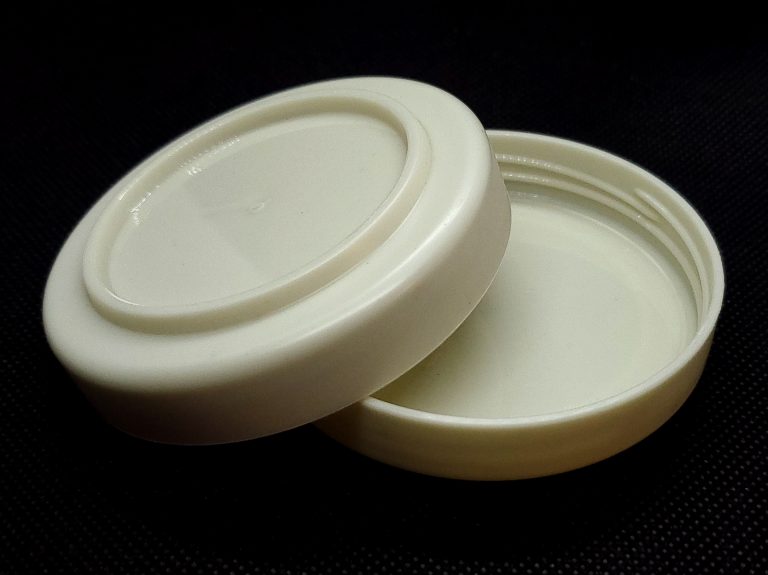
This grade is particularly well suited for rigid, moldable products such as caps, jars, bottles, and other small packaging items that are difficult to recycle.
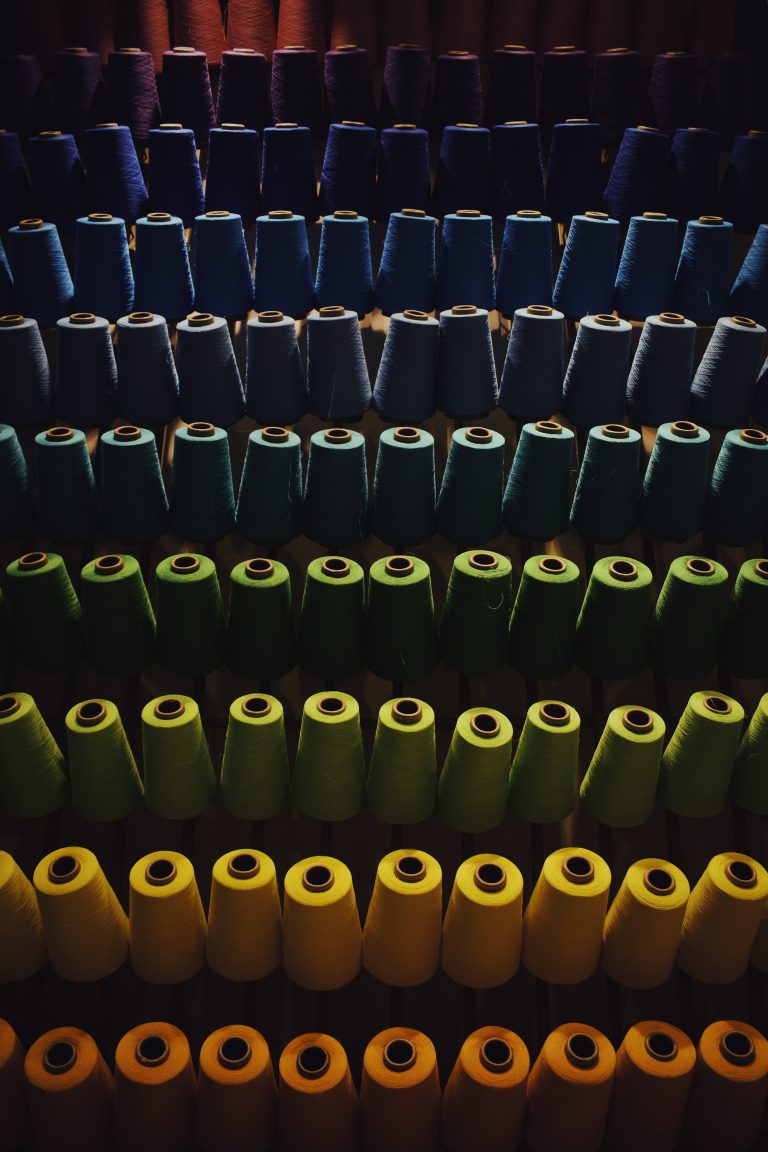
Our Fiber grade pellets are a sustainable alternative to petroleum-based polyester; for melt spinning of fibers into shoes, activewear, backpacks, rope, etc.
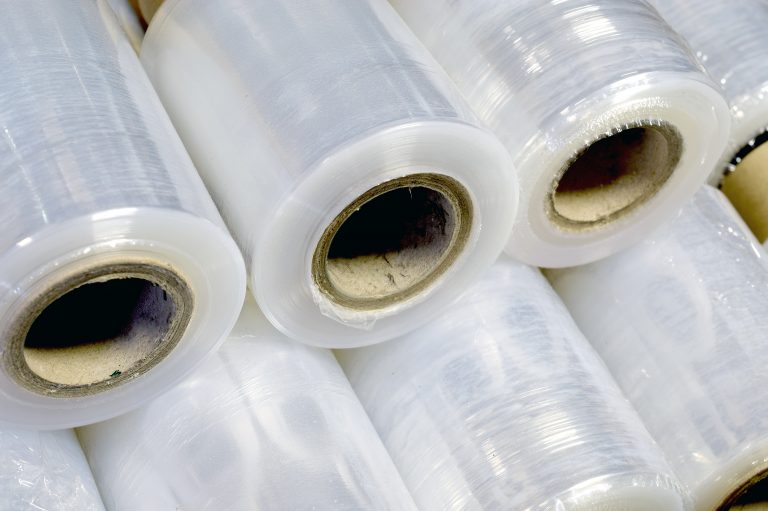
Our Film grade PHA pellets have been developed for film and sheet applications to meet the needs of flexible packaging that is difficult to be recycled.
What is PHA?
Products made from our materials are designed to minimize their impact on the planet and contribute to a truly circular economy.
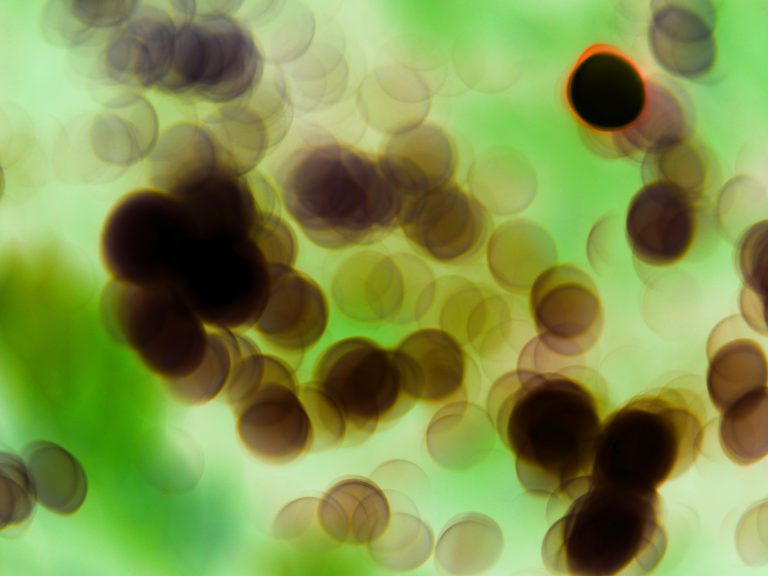
PHA is a family of biopolyesters that can be produced naturally by bacteria and other life forms. PHB is one of the many types of PHA.

Unlike PLA and other biopolymers, PHA can biodegrade in many environments, including the oceans.
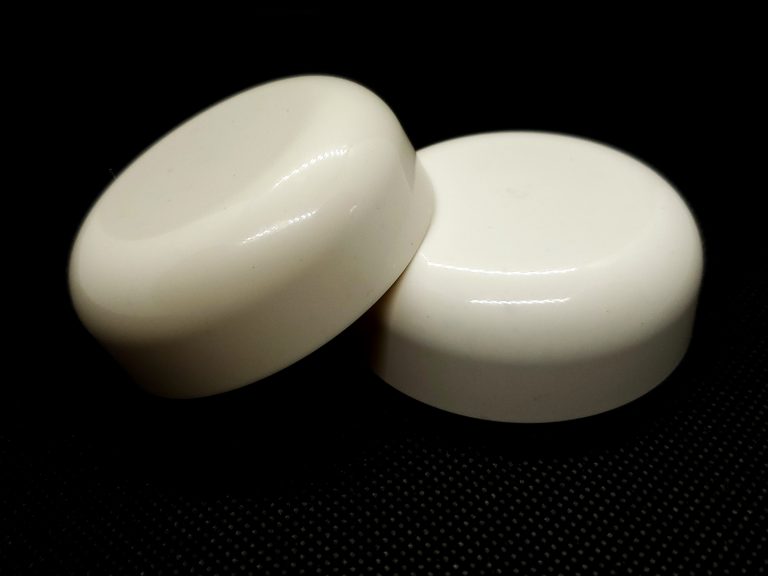
YOPP pellets can be used in injection molding, fiber extrusion, additive manufacturing, and other plastic substitute applications.
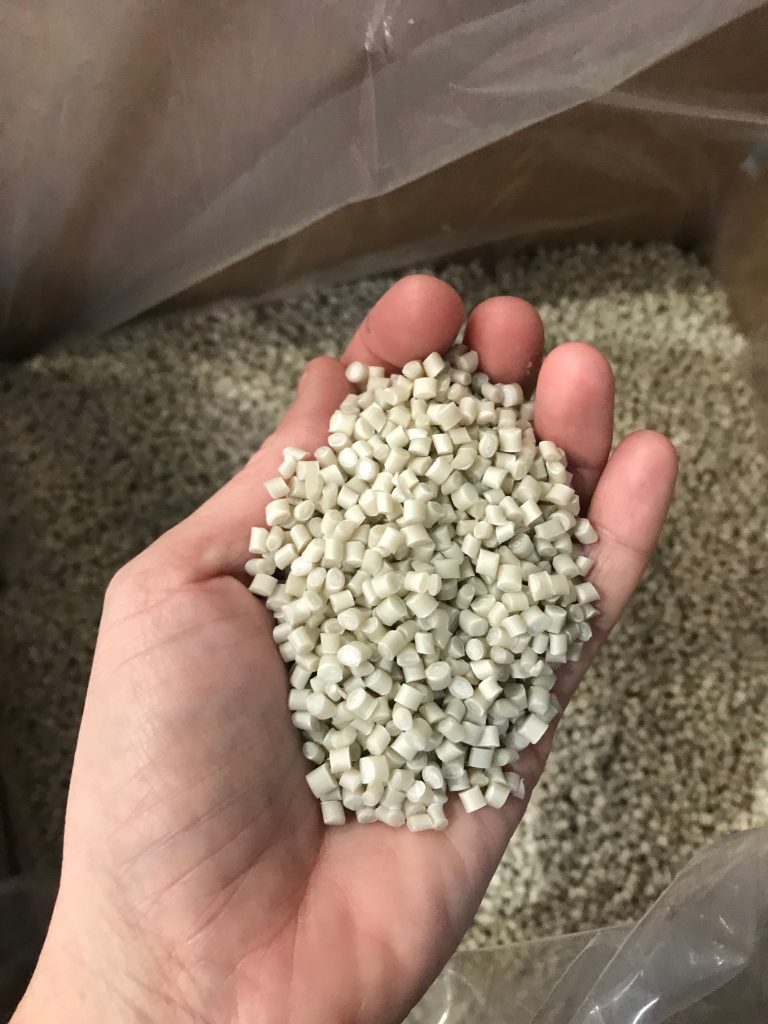
We deliver YOPP pellets to melt processors to be formed into a wide range of products.
Biodegradable, Biobased, Recyclable: Isn’t it all the same?
No! These terms are completely different and knowing their differences is key when talking sustainability.
Biobased & Biodegradable
These polymers are produced using rapidly regenerative feedstocks (plants, wastes, residual gases) and will biodegrade at end of life. While some of these polymers only biodegrade in certain environments, PHAs will biodegrade in most natural environments, including the oceans.
- PHA
- PLA
- PBS
- Starch blends
Biobased & Non-Biodegradable
While these polymers are made using rapidly regenerative feedstocks (mostly plants), they will not biodegrade once they are no longer needed. These polymers have the same molecular structure as their fossil-based counterparts.
- Bio-PE
- Bio-PET
- Bio-PA
- Bio-PTT
Fossil-Based & Non-Biodegradable
The majority of today's polymers fall into this group. They are made with ancient fossil carbon (from petroleum) and will not biodegrade.
- PE
- PP
- PET
Fossil-Based & Biodegradable
These polymers are produced using ancient fossil carbon (generally from petroleum) but due to their molecular structure, they have the ability to be biodegradable.
- PBAT
- PCL
